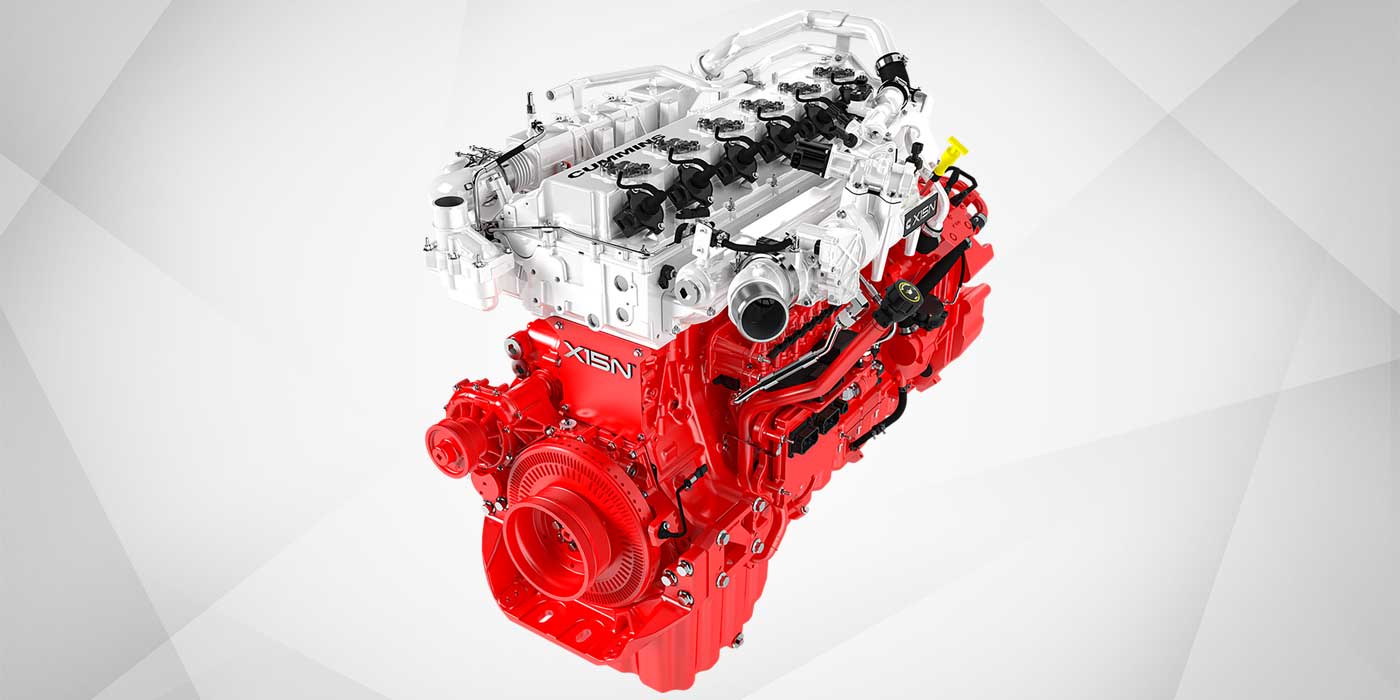According to Bar’s, major cooling system leaks, including those in radiators, heater cores, intake manifolds and blocks, can cost thousands of dollars to repair using traditional mechanical methods.
Vehicle owners who can’t afford a mechanical fix may turn to chemical repairs, the company added, but many cooling system stop leak products aren’t strong enough to stop larger leaks, and others take up to 10 hours to work. For large leaks, little time and less money, Bar’s Leaks Liquid Copper is the answer, according to the company.
The product addresses larger cooling system leaks, heater core leaks, cracked cylinder heads, blown head gaskets, freeze plug and block leaks, and intake manifold leaks. Liquid Copper costs less than $10 and is the only one-step copper block seal on the market, the company said.
“For customers who can’t afford a mechanical repair or just don’t think their vehicles are worth the expense, Bar’s Leaks Liquid Copper is the solution,” said Clay Parks, vice president of development. “It’s the only one-step copper block seal available. Simply pour it into the radiator—no draining of coolant is required. Other products require a complete system flush, plus a number of additional steps, for a total of six to 10 hours to complete. Customers who use products that aren’t antifreeze-compatible also have to add new coolant, further increasing the cost of the repair.”
Liquid Copper (p/n 1109) uses an advanced antifreeze-compatible sodium silicate liquid glass formula, so no draining of the cooling system is required. It works with all types and brands of antifreeze, including conventional green or blue (silicate-based) and extended life (red/orange) or yellow (OAT/HOAT), Bar’s said.
Liquid Copper stops leaks by forming a physical seal using organic and synthetic fibers, copper, and an ionic-modified mineral. The seal forms as the coolant and product flow through the leak. A wetting agent cleans the sides of the hole or crack to prepare the surface for bonding. The first fibers catch on the side of the leak, building on each other to bridge the entire hole. The fibers then act as a sieve to trap more fibers, copper particles and minerals to create a composite seal, the company explained. The seal is cemented with liquid glass. As the temperature increases, the liquid glass hardens to make the seal permanent. Liquid Copper will not harm the cooling system when properly installed, nor will it clog the cooling system or heater core, Bar’s added.
Bar’s Leaks Liquid Copper can be used in any water-cooled vehicle, including cars, trucks, vans, SUVs and RVs. One 18 oz. bottle treats most cooling systems.




